Health
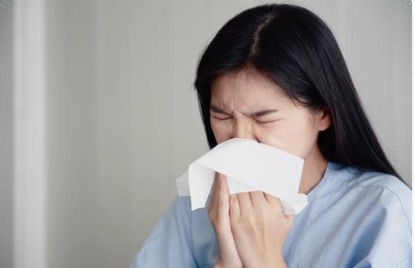
Ministry of Health emphasises that the public adopt good hygiene practices.
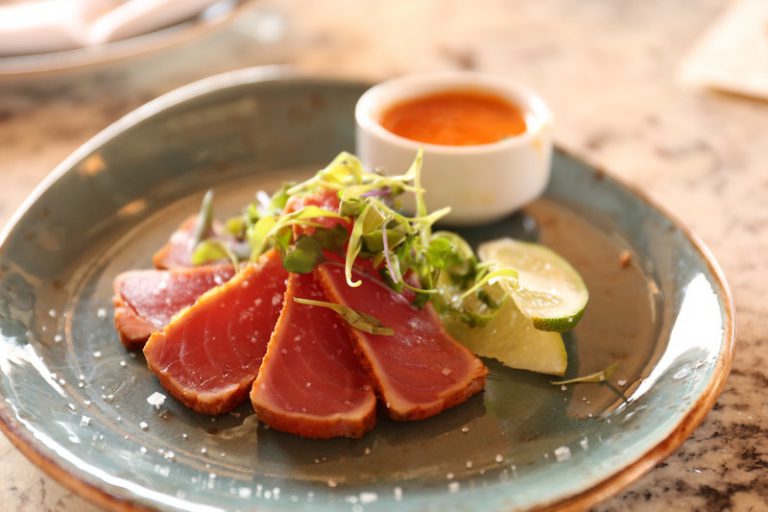
Find out what these are and how men can benefit from them.

Calling for entries to expand understanding and explanation of Alzheimer’s disease.
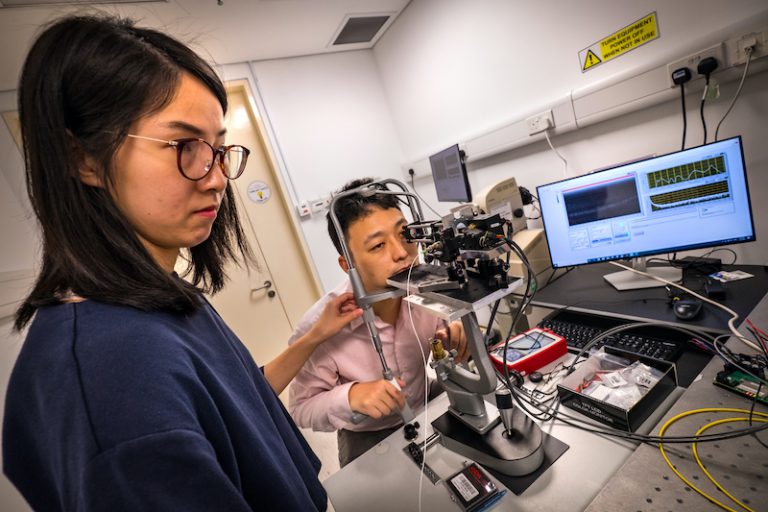
One of the lab’s projects will use a robotic arm guided by an AI-powered imaging system to detect early signs of glaucoma and diabetic retinopathy.
Nationwide functional screening programme is now on and you can make sure your vision, hearing and oral health are in good health.

New data from Temasek Polytechnic shows are that many are unaware flu can affect blood sugar levels and it is effective in protecting themselves.
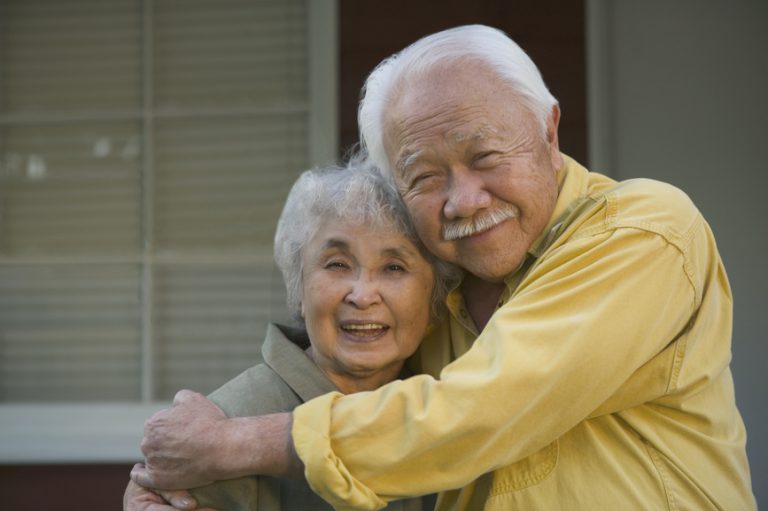
Evidence suggests that Type 2 diabetes can often be prevented, while early diagnosis and access to appropriate care for all types of diabetes can avoid or delay complications.
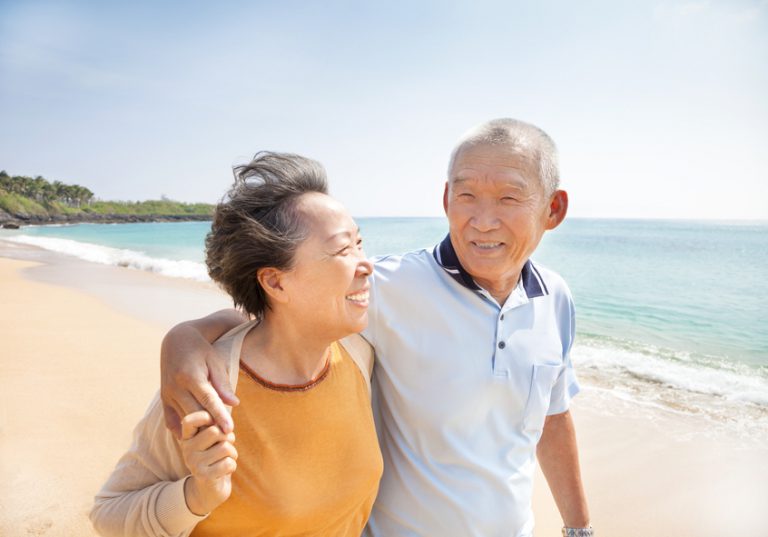
Find out what RA is and what physical activities that are recommended for those with RA.

Philips has launched a heart health quiz to help people recognise risk factors and early symptoms of heart disease.
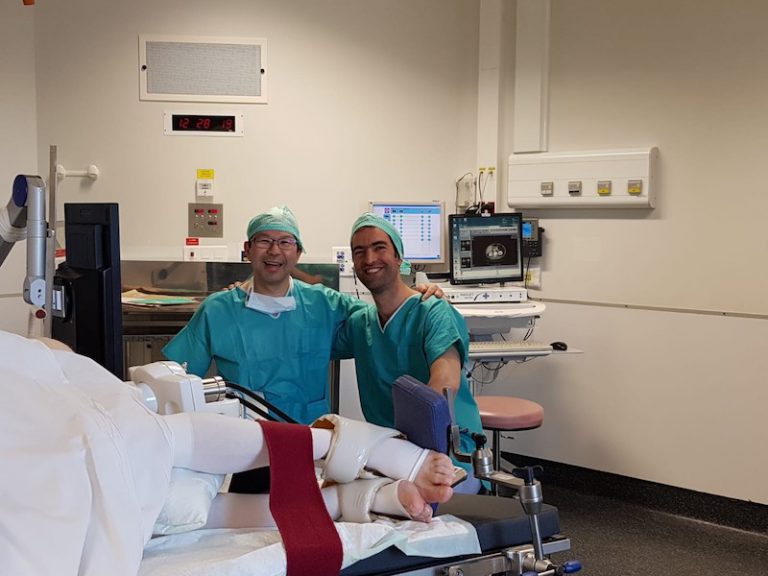
This non-invasive targeted therapy treatment will allow cancer patients to have less impotence and reduced urine incontinence.

Osteoarthritis is the most common form of arthritis and often occurs in the knee joint and particularly with increasing age.
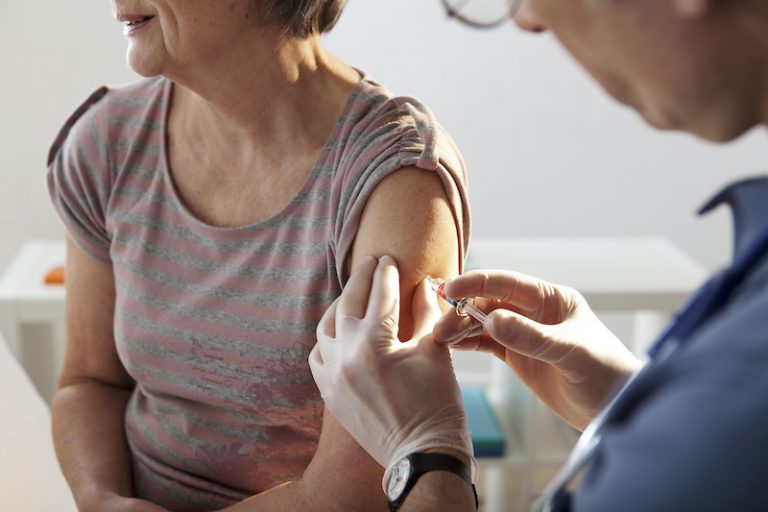
This highly contagious disease can lead to health complications and even death in adults.
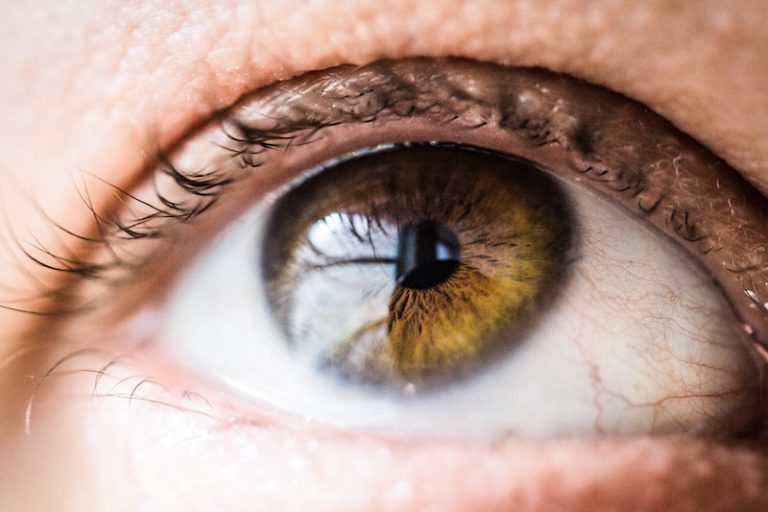
Singapore National Eye Centre marks 20th National Eye Care Day.
November is dedicated to the Movember global movement, which puts the spotlight on prostate cancer, mental health and suicide prevention.

New for this years’ National Steps Challenge is the Silver Challenge, which promotes healthy ageing among seniors.
